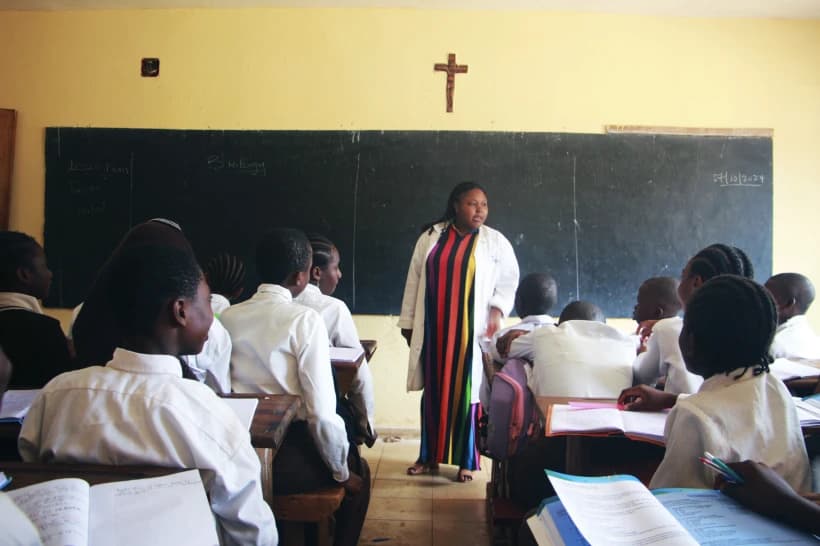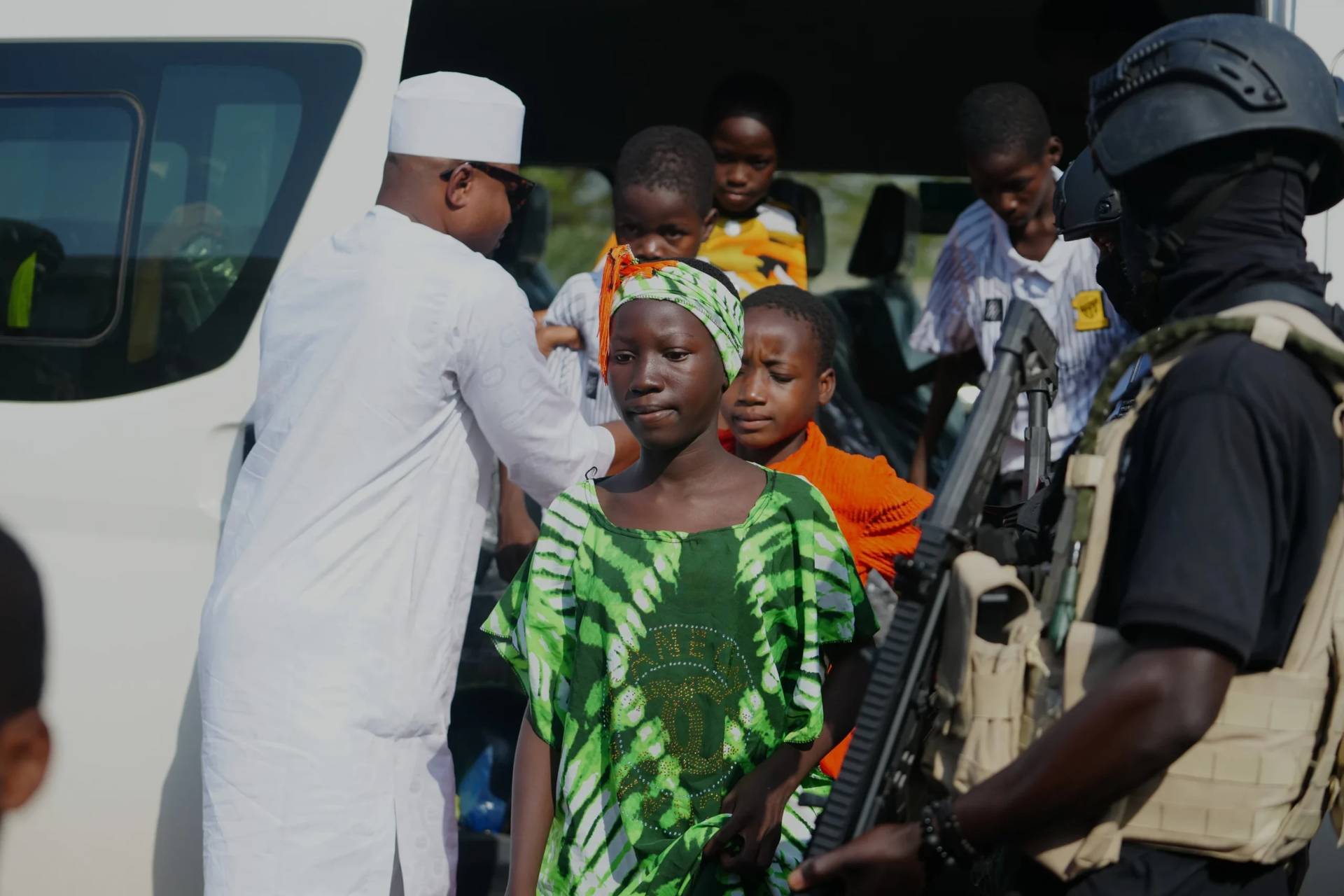YAOUNDÉ, Cameroon – Cameroon’s government has launched a crackdown on NGOs and associations, accusing some of them of money laundering and sponsoring terrorism.
Paul Atanga Nji, the Cameroon Minister of Territorial Administration, suspended five NGOs and associations on Dec. 7, sparking country-wide condemnation from human rights organizations and the opposition politicians.
“This is a direct attack on democracy and human rights,” said Barrister Alice Nkom, a respected human rights advocate based in the economic capital Douala.
In a strongly worded statement December 9, civil society actors in the country said the Minister’s action was an unprecedented assault on freedom of association and a diminishing of the civic space.
“Suspending human rights groups by an administrative measure, without due process, is pure provocation. Defending these organizations is our duty. We cannot allow our common rights to be flouted with impunity’ said businesswoman Rebecca Inonchong.
But at a December 10 press conference, Nji doubled down on his suspension decision.
“We are engaging in a heavy fight against illegal funding of NGOs and associations. We have to put in place restrictive measures against money laundering and financing of terrorism,” Nji said.
He said the NGOs and associations that have been suspended received a combined CFA 16 billion ($25 billion) in funding last year, but could only account for CFA 400 million.
“These exorbitant amounts have no traceability and are not aligned with the declared objectives of these organizations,” Nji said, citing reports by the National Agency for Financial Investigations (ANIF).
“So, we had to take that decision immediately to suspend them and open investigations,” he said.
He said international agencies that fight against money laundering had already placed Cameroon on the “grey list,” an indication that “we are not doing much to fight against money laundering and financing of terrorism.”
He warned that if Cameroon were to slip further into the black list, it will become increasingly difficult for Cameroon and Cameroonians to do business with other countries.
“It’s not an image that is pleasing to us as a country,” Nji said, underscoring the urgency to fight the scourge.
He said NGOs must clearly identify the sources of their funding, the objectives of the funds, and how they are used.
It’s something he said Catholic charities in Cameroon and elsewhere have already been doing.
Citing the Catholic Relief Services as an example, Nji noted that it’s been building schools, hospitals, and other development and relief activities while respecting the law to the letter.
“Whether it is in Cameroon or France or elsewhere in the world, the CRS presents a document every year. When the Catholic Church says it needs such and such an amount to build a school or hospital, at the end you see a school, a hospital or an orphanage, and there is solid financial accounting to back that up. That is how NGOs and associations have to function,” he said.
In comments to Crux, Pierre Ernest Tchinda Longtsi, the Director of Caritas Buea talked not only about the projects underway, but also about what is being done to foster transparency in the management of funds.
He said Caritas has three projects currently running simultaneously. The first has to do with agro-ecology in which farmers – particularly those who are internally displaced – benefit.
“We lobby for them to have an interim farm for farming. And we support them with some animals like goats, fowl, and pigs. And we train them on agroecology techniques to produce liquid manure, compost, and organic pesticides,” Longsti told Crux.
The second project that also runs for three years is meant to bring relief to orphans and other vulnerable children such as providing them with birth certificates and giving them access to education, in addition to providing them with food, clothing and beddings.
A third project by Caritas-Buea has to do with improving general wellbeing in communities.
Longtsi said it was critical to improve the livelihoods of communities, “reinforcing their resilience, and improving the quality of life within the Diocese.”
“We are hoping to contribute to reducing the prevalence of waterborne diseases by allowing people to have equitable and affordable access to a sufficient quantity of safe water,” he said.
He said the executions of all these projects are subject to external audits carried out after every six months, with the auditors coming from the funding organizations.
Longtsi added that even before executing any project, the administration is always kept in the know.
Nji urged NGOs operating in Cameroon to pick a leaf from CRS and other Church charities.
“All we are saying is that they should abide by the law, or face the consequences, some of which could go as far as a complete ban,” the Cameroon minister said.

















